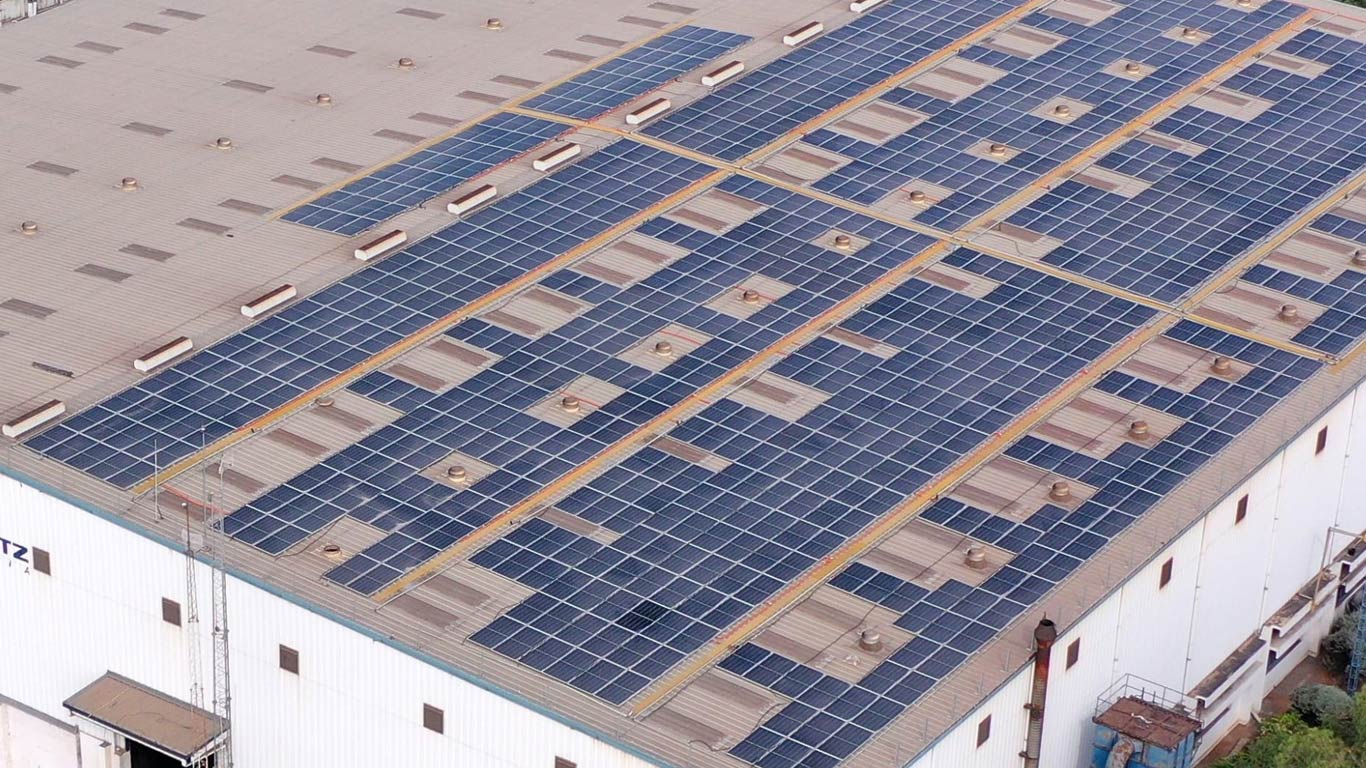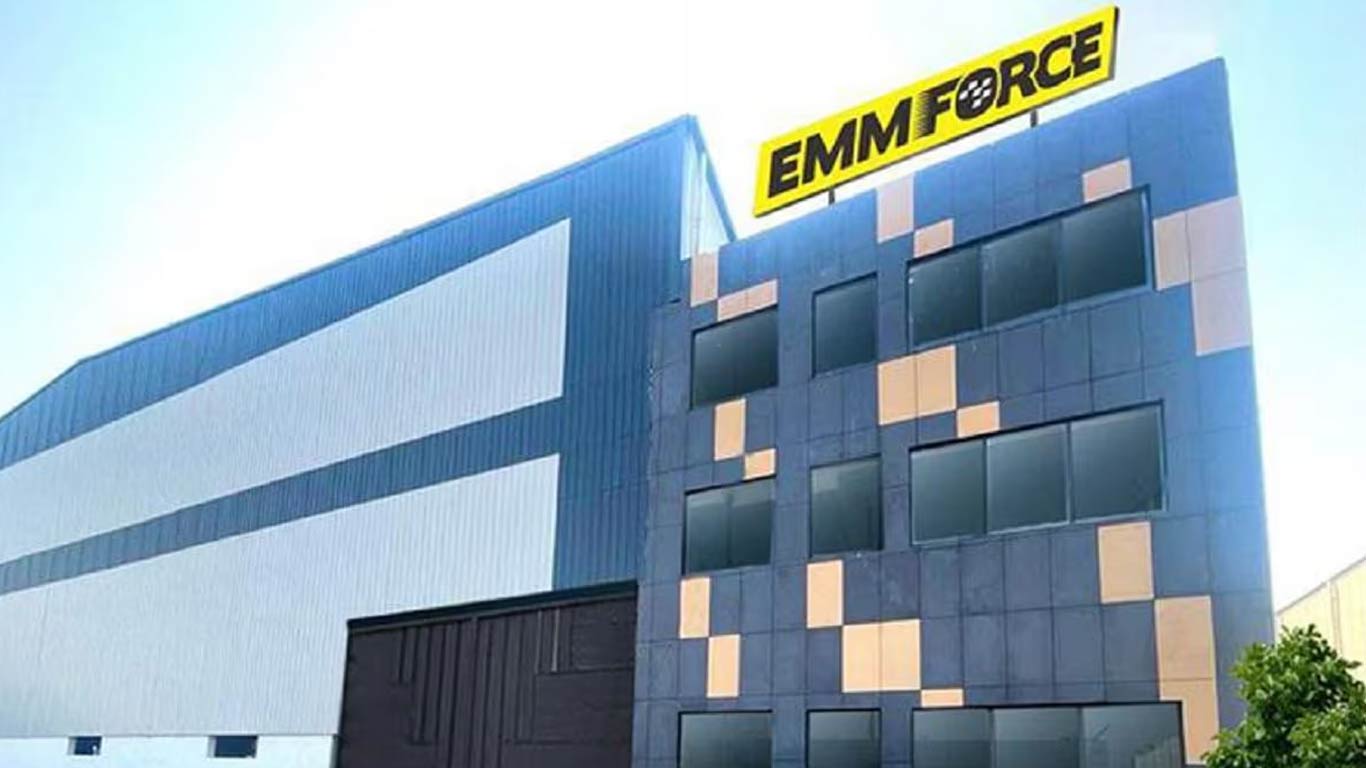Govt should link recapitalisation of the Banks with their success in revival of MSME accounts
Updated: Mar 08, 2016 12:23:09pm

New Delhi, Mar 8 (KNN) Economic Survey, 2016 clearly mentions that the impaired financial positions of the Public Sector Banks (PSBs) is due to some large corporate houses.
One of the most critical short-term challenges confronting the Indian economy is, what has been termed as the twin balance sheet (TBS) problem, says the economic Survey, 2016.
The impaired Twin Balance Sheets of the Public Sector Banks (PSBs) and some large corporate houses is the major impediment to private investment, says the Survey.
The problems in the banking system have been growing for some time. Stressed assets (nonperforming loans plus restructured assets) have been rising ever since 2010.
Banks have responded by limiting the flow of credit to the real economy so as to conserve capital.
This balance sheet vulnerability is in some ways a mirror and derivative of similar frailties in the corporate sector, especially the large business houses that borrowed heavily during the boom years to invest in infrastructure and commodity-related businesses, such as steel.
Finance Minister Arun Jaitley has also mentioned in his Budget Speech, about the structural issues in various sectors like Power, Coal, Highways, Sugar and Steel.
Interestingly, while 20 or so large houses are responsible for the 90% of the stressed assets, the MSME sector is bearing the brunt of the restricted credit flow!
The MSME sector is getting a double whammy; first with huge overdue payments from the corporates, both in the Public and Public sector and secondly, squeezing of credit flow by the Banks in the name of Basel norms.
While the wiping off of the big ticket stressed assets from the Balance Sheets of the Banks may take years, non – performing MSME accounts can easily be turned healthy under the Revival framework, already announced by the Government.
However, reluctance of the Banks to take up such ‘measly’ work is exhibited by the extremely small number of stressed MSME accounts taken up by the Banks for restructuring and revival.
Sadly, for the sector, while the Government (Ministry of MSME) has already notified a detail framework for restructuring and revival of the MSMEs, almost a year back, Reserve Bank of India is still to issue necessary instructions to the Banks for its implementation.
So MSMEs are passing through the ‘House of Cards’ syndrome where sickness of some MSMEs remaining unattended leading to collapse of some leading to Banks pushing ‘SMA 1’ MSME accounts further away, thus adding to the list of ‘non – revivable’ accounts.
According to one knowledgeable MSME entrepreneur, Government should link recapitalisation of the Banks with their success in revival of MSME accounts, a much easier task than dealing with billion Rupee stressed accounts, he said.
In August last year, the government launched the Indradhanush scheme, which includes a phased program for bank recapitalization. The Rs 25,000 crore recapitalisation of Public Sector Banks, announced by the Finance Minister in his budget speech, is the first step in this regard.
To bring the MSMEs out of this downward cycle, the recapitalisations of Banks should be linked with the amount of assets revived, in the short duration. While MSMEs may constitute a small percentage of the ‘toxic assets’ of the Banks, these have the potential of quickest turn around if taken care of.
So the percentage of sick MSME accounts revived will surely be a good measure of the competence of the Banks to revive sick accounts. So why not to use this as an yardstick for measuring the acumen of a Bank to address the ‘stressed accounts’.
Otherwise the entire taxpayers money being put by the Government in recapitalisation of the Banks will go to waste.
Let us hope someone is listening. (KNN/ DB)











